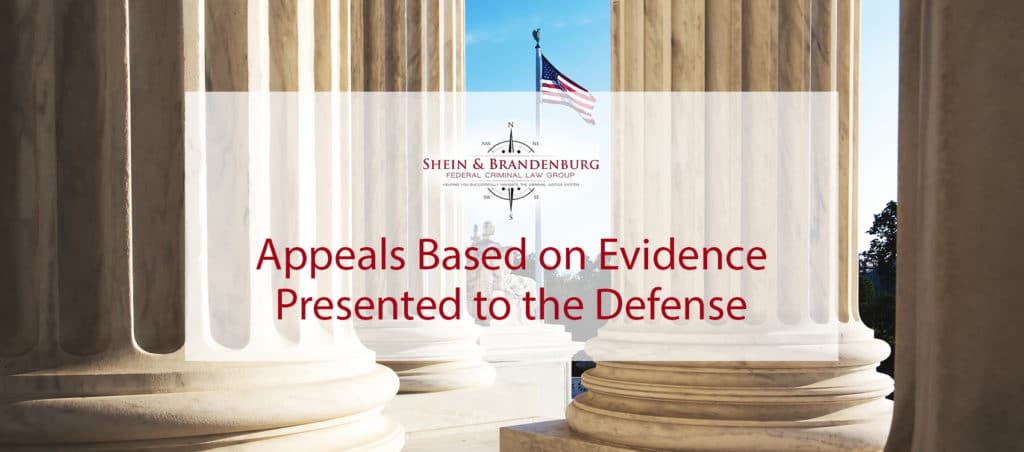There are certain requirements that a prosecution team must meet in presenting a defense team with evidence. When prosecution fails to meet this standard, errors can arise that can form the basis for a strong appeal. This issue arose recently in a case from the Second Circuit. Due to prosecutorial misconduct by the Queens County District Attorney’s Office, a woman spent 14 years in prison for a murder she did not commit. As a result, the United States Court of Appeals for the Second Circuit is hearing oral arguments to determine if the woman can obtain a relief from this sentence.
The Role of Brady v. Maryland
This case provides yet another example of how prosecutors can violate the law with relative impunity. In accordance with the case of Brady v. Maryland, prosecutors must provide the defense team with any material evidence that is favorable to the accused. Withholding this type of evidence (“exculpatory evidence”) is found to violate due process. As a result of Brady, defendants are allowed to request “Brady Disclosures.” In these situations, exculpatory evidence is deemed material if there is a reasonable probability that the defendant’s conviction or sentence would have been different if materials had been disclosed.
Sometimes the prosecution claims to follow Brady, but does not actually do so. For years, the Queens County District Attorney’s Office paid witnesses a large amount of money to testify against defendants. The District Attorney’s Office utilized a “don’t ask, don’t tell policy” to avoid its obligation under Brady. It is likely that revealing that payments to witnesses occurred would have significantly influenced decisions about whether defendants are innocent or guilty. The woman in this story was one of the many parties who met adverse results due to this policy. There is a possibility that this woman might not be compensated for the injuries that were incurred.
The Role of US Code 1983
The failure to compensate the woman, however, is a clear violation of federal code. Under Section 1983 of US Code, any state actor who violates any rights of Constitution is liable to the harmed party. The Constitution provides for numerous rights including the Fourth Amendment, which protects people against unreasonable searches and seizures, as well the Eighth Amendment, which protects people against cruel and unusual punishment. If any of these rights are violated, Section 1983 creates a legal right to file a lawsuit against the offending party. Some of the cases that have involved 1983 include lawsuits against law enforcement officers for excessive use of force, lawsuits for unreasonable use of a taser, damage to property or to individuals as a result of an illegal search, prison officials who ignore the medical needs of prisoners, and prison officials who place incarcerated individuals into dangerous situations.
The Supreme Court, however, has created several laws that create obstacles for injured parties who want to obtain compensation. One of the largest one of the exceptions is that prosecutors have absolute immunity for any claims of prosecutorial misconduct.
Obtain Assistance with Your Appeal
If you need assistance with your appeal, it is a wise idea to speak with a seasoned appeal attorney who can make sure that your case resolves in the best possible manner. Contact the Federal Criminal Law Center today for assistance.


